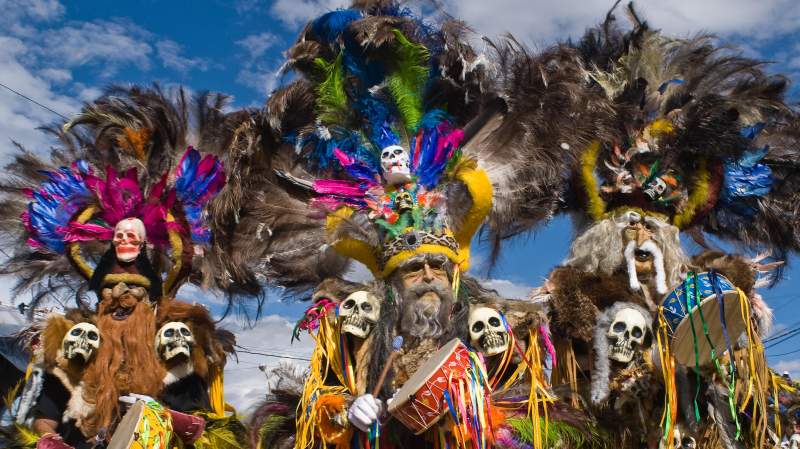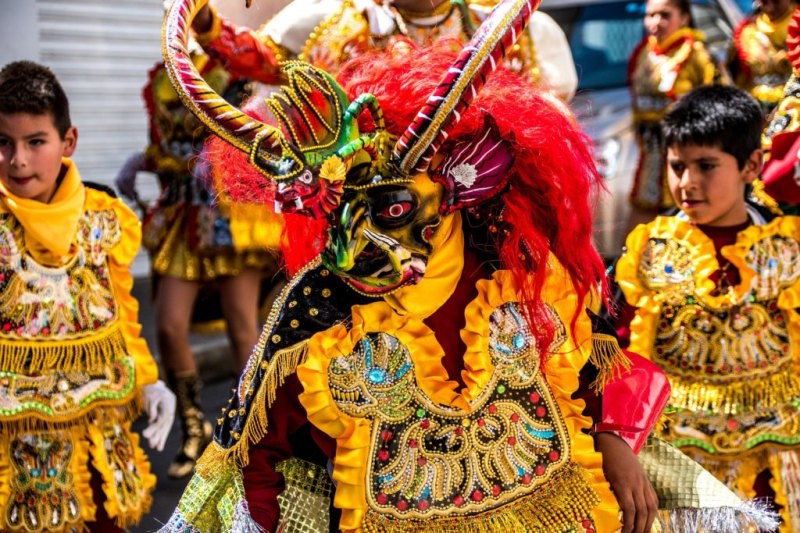Fascinating Cultural Experiences

Many indigenous Bolivians continue to follow ancient Andean customs, dress traditionally, and use natural remedies to treat illnesses. The country's ability to combine a modern lifestyle with traditional values, on the other hand, leaves a lasting impression. With over 36 indigenous cultures, each with their own customs and languages, travelers have the opportunity to immerse themselves in a rich culture and learn about a way of life that differs from their own.
Bolivian culture is extremely diverse due to the diverse origins of the Bolivian people. Bolivian society includes people of Spanish ancestry, descendants of colonizers, indigenous Andean groups, and mestizos, people who are a mix of the two.
Parts of Bolivia were incorporated into Inca territory just before the Spanish invasion, which means that some indigenous groups, such as the Quechua and Aymara, are descendants of the Incas. In the 16th century, the Spanish colonized the area, suppressing many indigenous traditions while introducing new ones. Religious art, for example, was brought by the Spanish and later developed by indigenous artists to create distinct new styles. Indigenous traditions began to resurface in the twentieth century, and indigenous languages were recognized as distinct languages.
Bolivia is said to be a country yet to be discovered; as the fifth largest country in South America, it has a diverse range of areas and cultures, many of which are unknown. More Bolivia facts and information on all aspects of the country's culture, from food to literature, art to history, can be found in this section.












